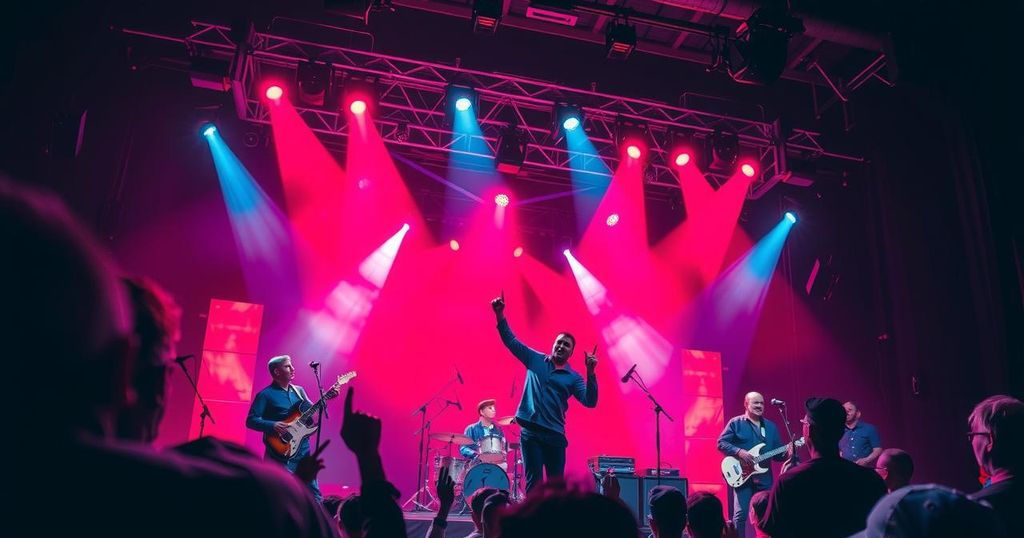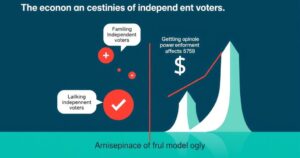Sports and Politics: An Unavoidable Interconnection
Sports Reflect Political Discourse and Social Issues
On the evening of February 9th, millions across the nation tuned in, eyes locked to the screen as renowned artist Kendrick Lamar lit up the Super Bowl halftime show. Over a 13-minute span, Lamar not only showcased dazzling visuals but also threw a spotlight on critical social issues often overshadowed by sporting events. While for many, it was an eye-opening reminder of these deeper themes, others merely viewed it as yet another entertainment segment during a game primarily focused on football.
Historical Context of Politics in Sports
Lamar’s performance stirred emotions, igniting debates, and captured the attention of countless viewers, becoming a prime example of how sports can serve dual purposes. They act as platforms for political expression while providing a massive distraction from pressing social issues. And despite how anyone might feel about the performances or the potent symbols — think a divided American flag or Samuel L. Jackson’s Uncle Sam — it’s clear that politics in sports is far from a new phenomenon.
Athletics as a Platform for Activism
Take, for example, the iconic protest of 1968, when Tommie Smith and John Carlos raised their fists during the Olympic medal ceremony. Fast forward, Colin Kaepernick’s kneeling during the national anthem stirred a nationwide controversy around police brutality. Sports often appear to maintain an air of neutrality, yet they frequently become arenas for cultural and political dialogue, allowing artists like Lamar to inject activism into spaces that strive for, I guess, neutrality.
The Tension Between Escape and Reality
It’s simple to become engrossed in the game itself, forgetting all else for those thrilling moments, just focusing on the players and the score. But these events are tied to larger cultural conversations and pivotal moments we can’t just sweep under the rug. UF psychology professor Erin Westgate points out, “When you’re watching a game, that game takes over everything and everything else falls away. That becomes your whole world.” It’s this blend of escape and confrontation with reality that shapes the sports experience.
Navigating Controversy and Activism in Sports
Sports can provide a temporary haven from our daily challenges, as pointed out by UF sports management professor Kyriaki Kaplanidou. However, that same platform can also ignite a wave of social activism. The struggle lies in whether sports events should remain untouched by controversy or fully embrace political messages. Organisations like the NBA have taken a stand supporting movements like Black Lives Matter, while contrastingly, the NFL has sometimes distanced itself from players’ protests, caught in a web of public sentiment and financial interests.
Engaging with the Interplay Between Sports and Politics
In conclusion, sports undeniably capture the world’s gaze, becoming the setting for significant moments, whether it’s during a protest, a halftime spectacle, or in post-game chats. These occurrences spark discussions that might otherwise fade into the background. So it’s not really about if sports and politics should intertwine, but how society engages with the resulting dialogues they’re prompted to think about.




